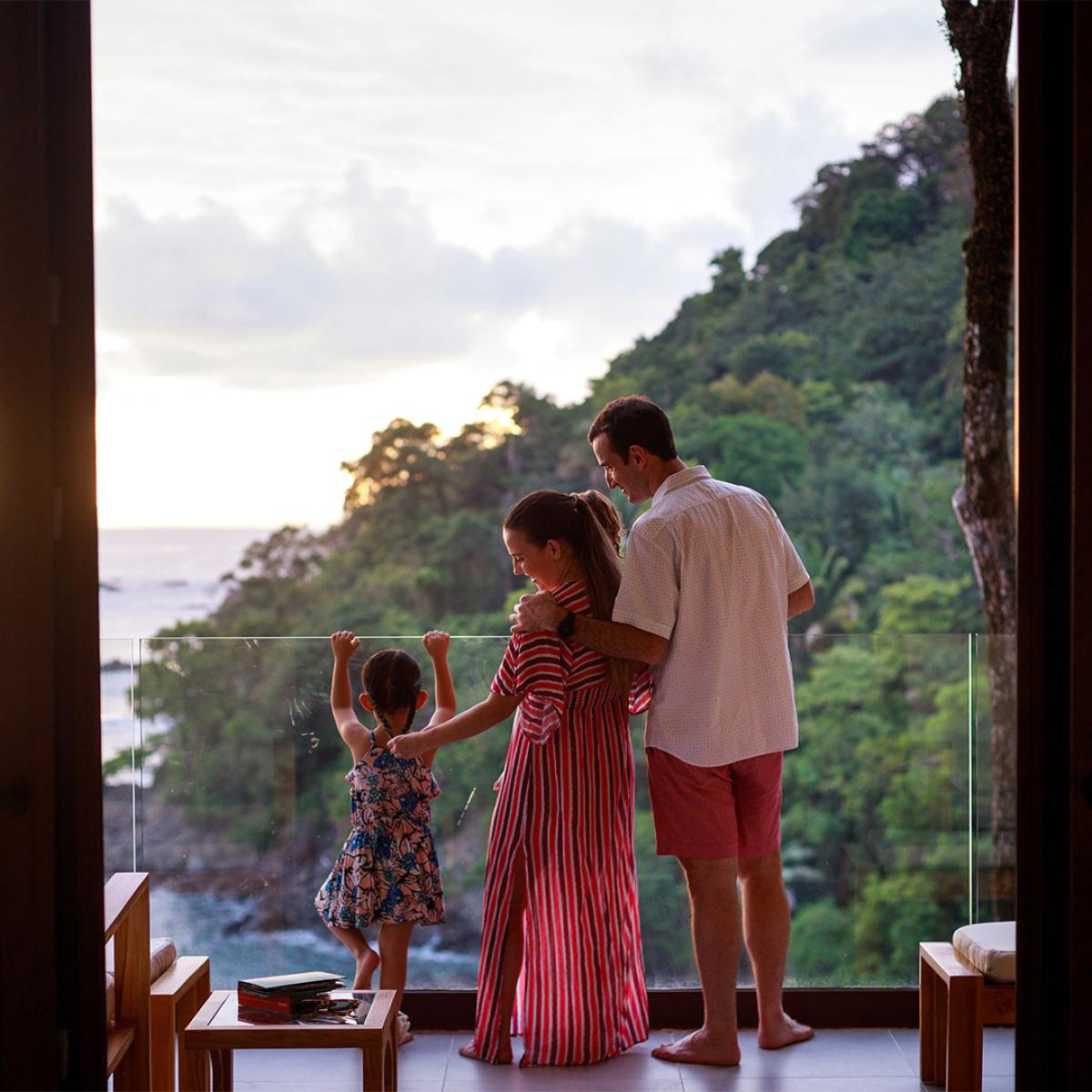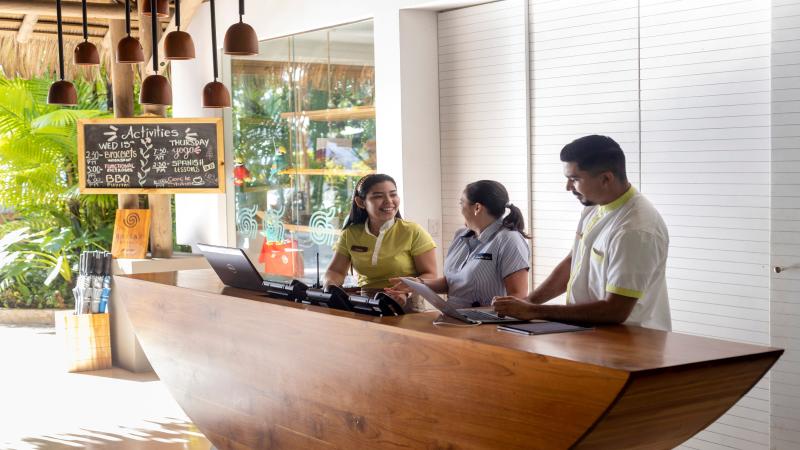
Pillars of the Community

Economic leakage is a big challenge for popular and emerging tourist destinations. This happens when money generated through tourism goes outside the community—for example, hotels and restaurants that import building supplies, menu ingredients, and other goods or staff their businesses with foreign workers. Keeping social and economic sustainability top of mind, Beyond Green members implement local, community-based initiatives as a way to positively impact their location and prevent economic leakage.
“When you buy local and think local, what goes around comes around,” says Trina White, General Manager at The Parkside Hotel & Spa in Victoria, British Columbia. “When businesses think local first, the money stays in the local economy, in the businesses, the tax base, and the school systems.” The hotel has a purchasing mandate to work with local businesses as their suppliers. Further, their preference is to work with local companies that share their values, goals, and visions. In fact, last year 74% of their supplies, from the locally handcrafted items in their gift shop to the soaps and towels in the baths, the beds and dressers in the guestrooms and tables dining room, and even the bikes they offer guests at no charge, came from local manufacturers and craftsmen.

The Parkside Hotel & Spa is a city-center hotel that has long been at the forefront of sustainable tourism, it was built in 2009 to LEED Platinum Standards, the first LEED building in Canada. The hotel sits on the unceded territory of the Lekwungen people, the Songhees and Esquimalt First Nations, and recognizes that heritage is an important part of the community’s sense of pride and belonging. The hotel has worked for decades on the careful process of blending “modern times” with traditional customs, ensuring that the unique character and identity of the Lekwungen people are not lost.
Another great example is Arenas Del Mar on Costa Rica’s Pacific Coast. “Sustainability is more than being green, it is also community impact,” explains Hans Pfister, co-founder of the Cayuga Collection, which includes Beyond Green’s Arenas Del Mar.
The resort pioneered the Dock-to-Dish program in Central America. This cooperative program connects the resort’s chefs directly with a group of artisanal Quepos-based fishermen, which eliminates the need for imported seafood and provides income for local fishermen. Chefs love the abundance of low-carbon, sustainable seafood, but because it is impossible to predict what the ocean will yield on any given day, they need to be flexible and take on the challenge to create dishes based on each day’s catch. The happy result is an ever-changing menu spotlighting the freshest, most local seafood, delivered directly from boat to kitchen to table, to the delight of resort guests.

Additionally, Hans says, “human resource” is the most important pillar of their businesses, “we work with 100% locals.” From the gardeners to the general managers, staff members come from Quepos and the surrounding regions. Through training and education, there are many opportunities for employees to move up through the ranks to become managers in their departments. Providing people from rural and coastal areas with high-quality jobs and a career path supports the local economy and keeps families rooted in the community and culture.

At Hidden India Mahavan, a carbon-negative luxury lodge in Kanha National Park deep within the “tiger heartland of the world,” works in its local community to extend its efforts to health, education, and safety initiatives. In addition to building health clinics in 56 surrounding villages and developing alternative fuel sources that protect the community and the forests, they brought electricity into the schools, sponsor local artists who document the heritage of the community, and regularly invite global artists to visit local schools and instill a love of art in the students.
.jpg)
Dr. Latika Nath is a conservation ecologist, photographer, and the founder of Hidden India Mahavan. She has worked with villagers and local governments for more than 35 years to reduce direct human-wildlife conflict. A team in ATVs provided by Hidden India patrols the reserve and identifies snares, catches poachers, and monitors wildlife. Local youth are recruited and trained, then employed to perform these tasks.
The Hidden India Young Conservationist Program, Chota Varankshak, invites school-age guests to interact with local school children, introduces them to the fauna and flora of the region and wildlife conservation, and teaches them to identify and read jungle signs and to track. Beyond providing one of the purest forms of cultural exchange, the goal, says Lakita, is to make every child that stays with them a guardian of the Blue Planet.